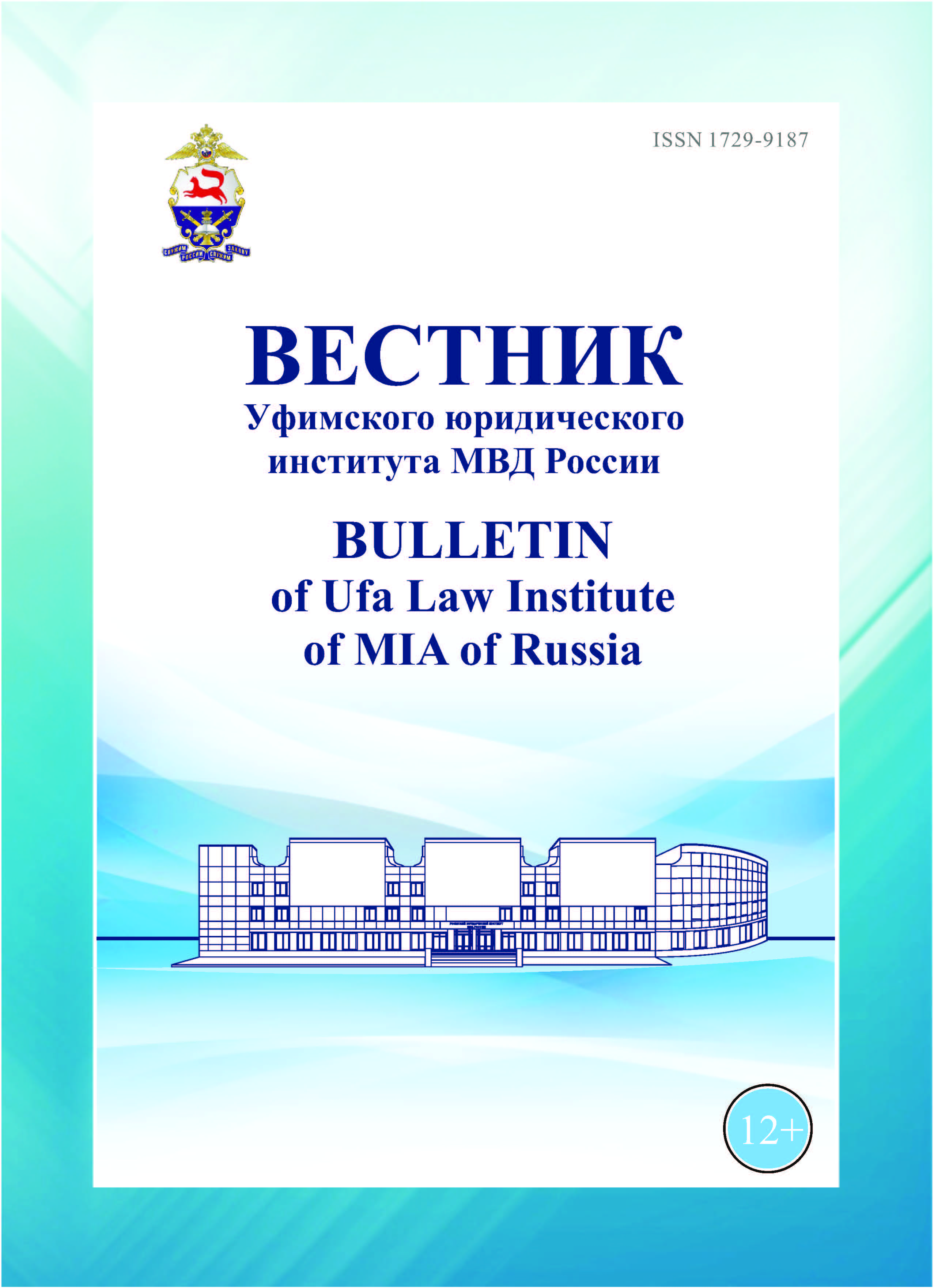graduate student from 01.01.2024 to 01.01.2025
Volgograd, Russian Federation
UDC 34.01
This article deals with the analysis of main stages of the development of the institution of censorship both in the world practice and in the Russian Federation. The author states that censorship has an ambivalent potential. The author makes a conclusion that censorship is an effective mechanism to administer the information sphere, as well as the direction of its potential is largely determined by the socio-cultural and legal contexts. Modern political and legal reality of the Russian Federation is characterized by a formally negative attitude towards censorship as a practice of state administration, which is explicitly demonstrated in its legislative prohibition. At the same time, the realities of modern world represented by threats to national security from Russia’s geopolitical enemies, who openly declare their goals “to defeat Russia strategically” and actively use the possibilities of informational and ideological influence on the population of their opponents, dictate the necessity to establish a special legal institution capable to effectively protect the information sphere of the state from destructive information. Legal censorship has the potential of such an institution as a legally based filter of the country’s information sphere from malicious information.
law, censorship, legal censorship, legal education, administration, national security, information attacks
1. Plato. Collected Works in 3 Volumes. Vol. 3 (1). Moscow, 1971. 685 p. (In Russ.)
2. Aristotle. Poetics. Works. Vol. 4. Moscow: Mysl, 1983. 832 p. (In Russ.)
3. Durkheim E. On the Division of Social Labor. The Method of Sociology. Moscow: Nauka, 1990. 575 p. (In Russ.)
4. Cicero. Dialogues. Moscow, 1966. 226 p. (In Russ.)
5. Levchenko I. E. The Problem of Censorship in the History of Foreign Socio-Political Thought // Social and Political Journal. 1996. No. 6. P. 179–192. (In Russ.)
6. Zhirkov G. V. History of Censorship in Russia in the 19th–20th Centuries. St. Petersburg, 2001. 367 p. (In Russ.)
7. Chirskova I. M. “Body of Power”: Censorship as a Cultural Phenomenon // International Journal of Cultural Studies. 2015. No. 2 (19). P. 47–57. (In Russ.)
8. Grigulevich I. R. Inquisition. Politizdat. Moscow, 1976. 448 p. (In Russ.)
9. Campanella T. City of the Sun. M.-L., 1947. 175 p. (In Russ.)
10. More T. Utopia. Academia. 1935. 241 p. (In Russ.)
11. Rotterdamsky E. In Praise of Stupidity. M.-L.: Academia, 1931. 239 p. (In Russ.)
12. Montaigne M. Experiments. In 3 volumes. Moscow, 1992. 303 p. (In Russ.)
13. Thomas Hobbes. Leviathan, or the Matter, Form, and Power of the Ecclesiastical and Civil State. Moscow: Mysl, 2001. 478 p. (In Russ.)
14. Marzokha I. E. Censorship in Russia: Historical, Legal, Spiritual, and Moral Aspects // Philosophy of Law. 2007. No. 3. Art. 4. (In Russ.)
15. Baturin Yu. M. The Russian Path to Freedom of the Press. Moscow, 2017. 50 p. (In Russ.)
16. Hayek F. The Road to Serfdom. Moscow: ACT Publishing House, 2024. 352 p. (In Russ.)









